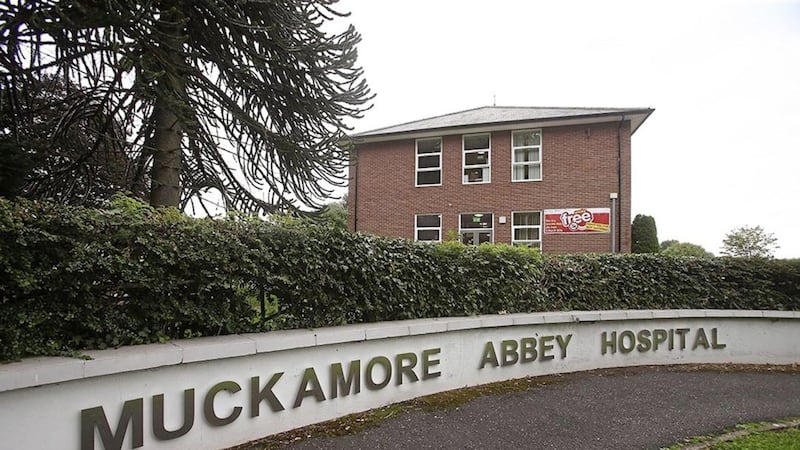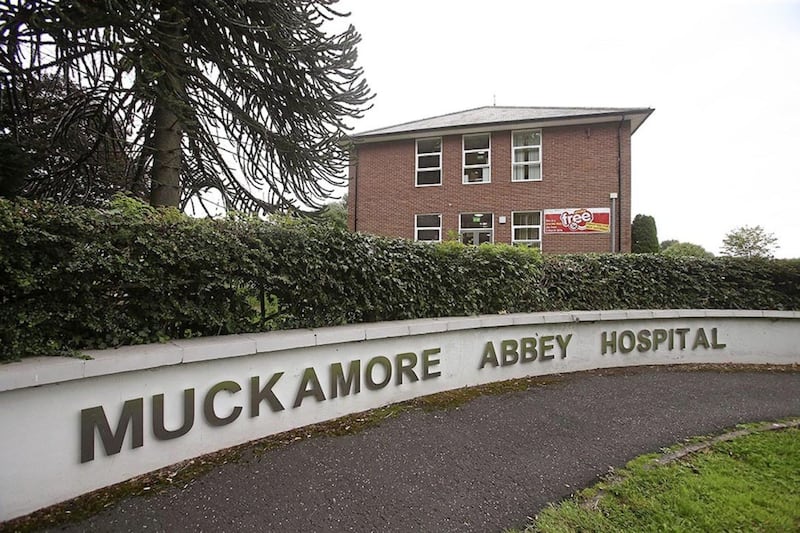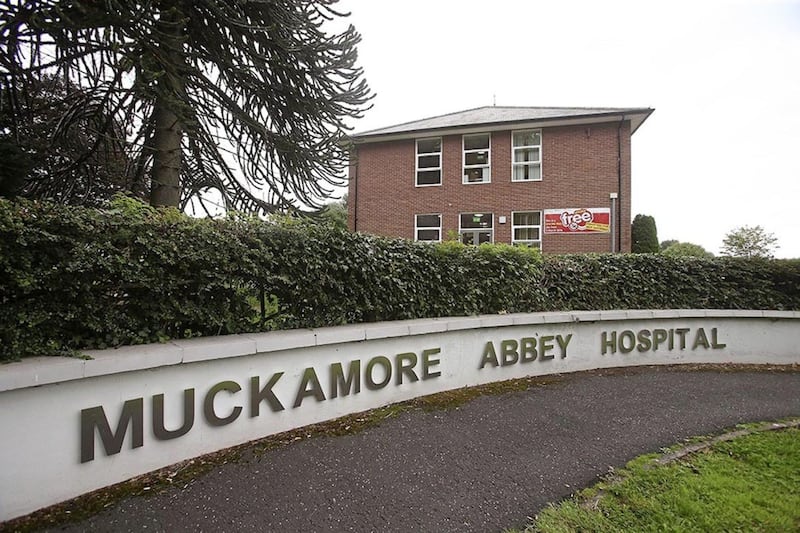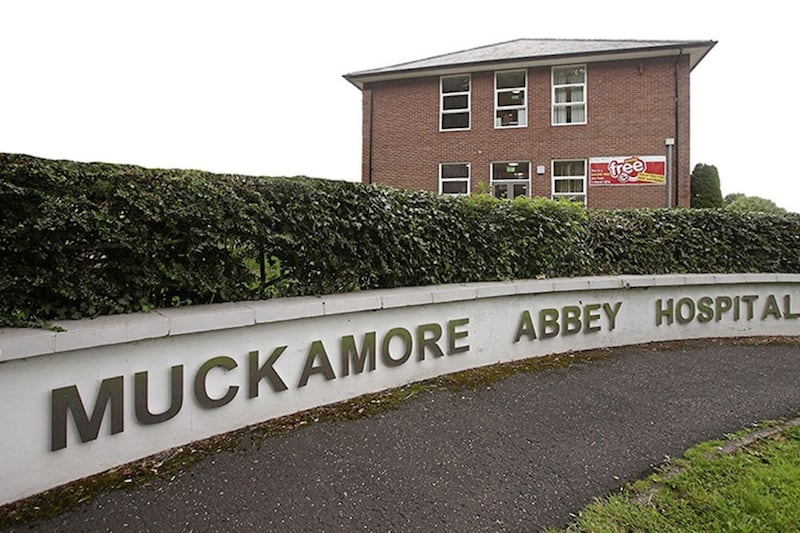THE scandal at Muckamore Abbey Hospital in Co Antrim is the biggest adult safeguarding case in the history of the health service.
A parallel police probe is the UK's largest-ever investigation into the alleged abuse of vulnerable adults.
Yet despite the gravity of the scandal, there was little coverage of the opening of the public inquiry on UK national media last week.
Similar investigations, including into poor care and high mortality rates amongst patients at Stafford Hospital in England, have gained much more publicity.
The Cure, a film about Stafford whistleblower Julie Bailey’s fight to expose poor care at the hospital following her mother’s death in 2007, was broadcast on Channel 4 in 2019.
But perhaps I'm being unfair.
The first day of public sessions in the Muckamore inquiry last week coincided with a no-confidence vote against Boris Johnson, who squeaked through with a narrower margin of support from Tory MPs than his predecessor Theresa May.
It was unfortunate that a major probe into adult care was effectively overshadowed by a leader who made such poor decisions around care during the start of the Covid crisis.
Of course the serious issues at Muckamore pre-date the pandemic.
While the scandal did not properly emerge until 2018, a year after father Glynn Brown was told his non-verbal son had been assaulted by a member of staff, the inquiry is looking at events as far back as December 1999.
The probe will not just look at the actions of individual staff. It will investigate what the authorities knew about the alleged abuse of vulnerable patients and if there was a culture within the hospital which allowed abuse to go unchallenged.
More importantly, it will ask if there were failings from management and if the scandal went wider, exposing systemic problems in our healthcare system.
The inquiry is expected to last many months but its chairman has already said that it will publish an interim report if it finds serious failings before the official end of proceedings.
It would be wrong to pre-empt the outcome of the inquiry, but parents including Mr Brown have already said that the care of vulnerable adults needs to be overhauled.
"We want to see massive root and branch change and that our kids are far far safer, are treated with dignity and that money is allocated on an appropriate basis," he told The Irish News ahead of the inquiry.
"There should be facilities in the community. Patients need to be properly looked after.”
The inquiry cannot look at the care system as a whole.
But there is hope that it will make recommendations on how to improve at least one aspect of social care.
There seems little chance of overhauling our wider care system.
Provision is appallingly underfunded, even though our ageing population means the issue is more important than ever.
The pandemic put serious pressure on an already over-stretched system. Care work is generally poorly paid and under appreciated as a profession.
There is also an unseen army of carers who work for free.
A fifth of adults provide some form of care to a relative, close friend or neighbour suffering from issues including mental ill-health, dementia and disability.
A report by Carers Northern Ireland found that the number of unpaid carers in the north has soared by more than 70,000 since the start of the pandemic.
With vulnerable people still forced to shield and some care services yet to re-open, the burden of care has increasingly fallen on family members and friends.
Many carers do not see looking after their loved ones as a burden but a privilege - they just need better financial and emotional support and regular respite.
It matters how we look after the people in our society who most need protection.
People who rely on the care of others are vulnerable, but not disposable.
The treatment of patients at Muckamore should embarrass us and spark a willingness among the health authorities to do better.
But there are also wider issues to be tackled, not least how the elderly, infirm or disabled are cared for in our hospitals and communities.
We will all, eventually, rely on others to look after us, if we don’t already.








